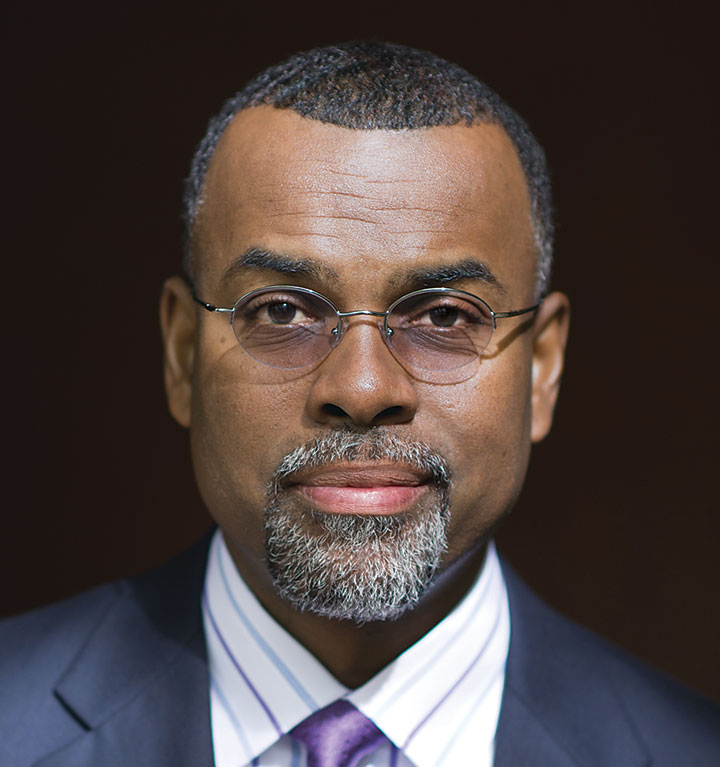

Jones that the evangelical support of Trump reflects a convergence of economic insecurity, anxiety over demographic shifts, and in some ways a moral panic over the changing nature of the culture of the United States. To my mind, what happened in the 2016 election is not simply racial, although it is definitely that. It also impedes our attempt to understand the contradictions of commitments that we all hold.

They’re not.” But by not expressing their commitments early on, by not revealing what they actually felt, this obviously complicates how we might have read the motivation of these voters for supporting Trump.

2 I remember sitting around the table on Morning Joe where folks said, “Is the silent Trump voter out there?” And they just kept saying, “No, no, no, no. So we had a number of white evangelicals behaving like Rose Aller said she had in a November 15 Washington Post article: they kept their support of Donald Trump secret. In this case, we didn’t have a person of color running for office, but instead we had a white candidate running for president who embraced views that were widely considered racist-from building a wall, to his comments about the Indiana judge, to the appointment of Steve Bannon, and so on. Bush doesn’t like black people, he hates black people.” ( That’s the lowest moment for him? Really?) Bush said that the lowest moment in his administration was when Kanye West said, “George W. In the sociological literature and the political science literature, this has been called the phenomenon of “social desirability bias.” The worst thing you can be called in the United States is a racist. 1 In that situation, white voters dissemble when asked about who they support, for fear that, in stating their true preferences, they might be seen as holding racist views or having racist motivations when voting for the white candidate. Of course, the Bradley effect involved discrepancies between voter opinion polls and election outcomes when you have a white candidate and a nonwhite candidate running against each other. We might even call this the “Trump effect,” which is something akin to the Bradley effect but with a slight variation. We see the early news coverage reflecting this assumption. This was certainly said to be true during the controversy with the Khans, the Gold Star family, and after the release of the audio and video footage with Trump’s horrific comments about his behavior with regard to women. His personal flaws definitely disqualified him from consideration, at least for some. Throughout the primary and general election there seemed to be a consensus that the so-called value voter found the character question surrounding Donald Trump insurmountable. This came as a surprise to many people in the media, myself included. What do we know? We know from the exit poll data that about 81 percent of white evangelicals voted for Trump, 60 percent of white Catholics voted for him, and even the majority of Mormons-61 percent-voted for him. It is certainly the case that white evangelicals, and, I suspect, some evangelicals of color, played a central role in the election of Donald Trump. But I hope these various contexts mean that I have something to say to this audience of journalists and academics, and perhaps it will be something that will spark debate. I’m the president of the American Academy of Religion, I appear on Morning Joe, I write for Time magazine, I teach at Princeton. I find myself in many interesting environments.


 0 kommentar(er)
0 kommentar(er)
